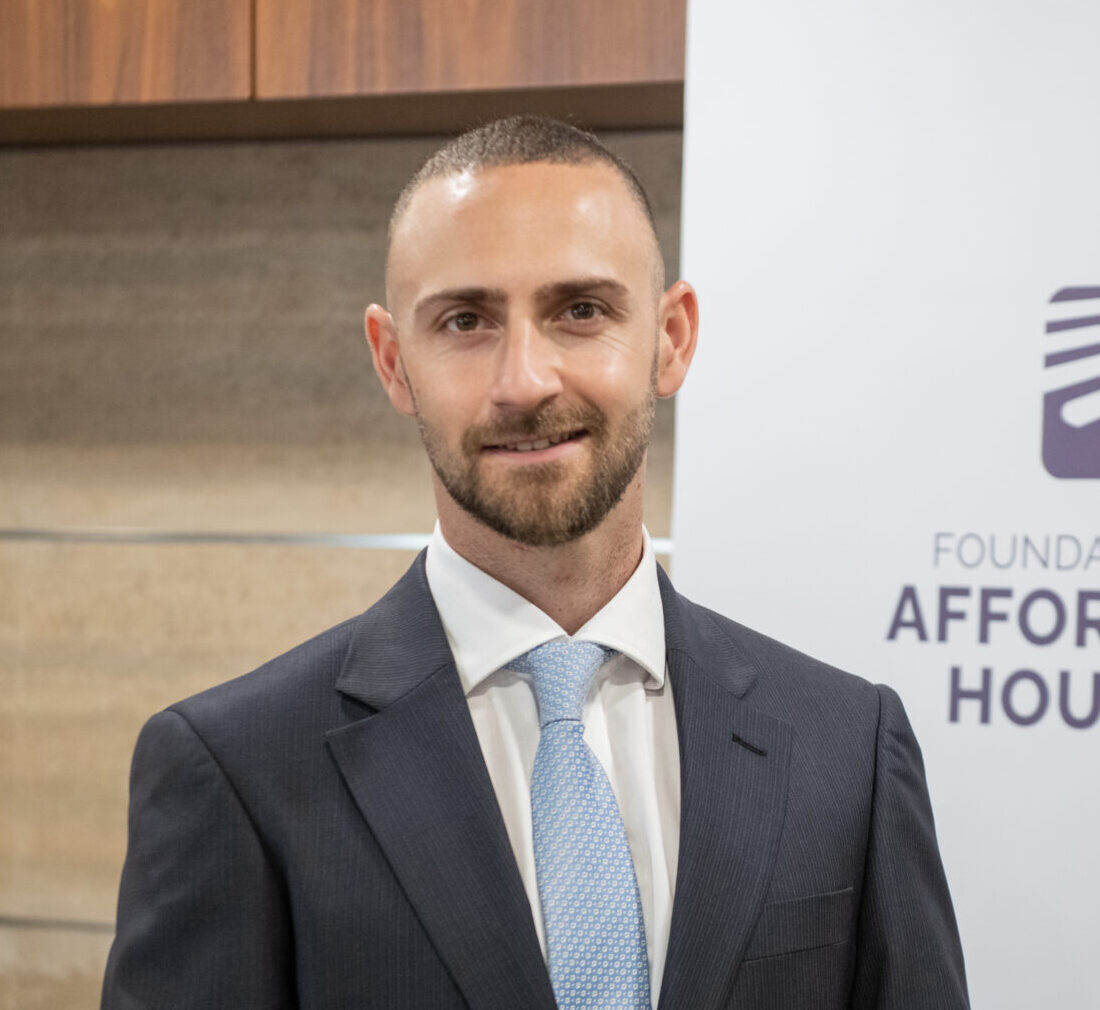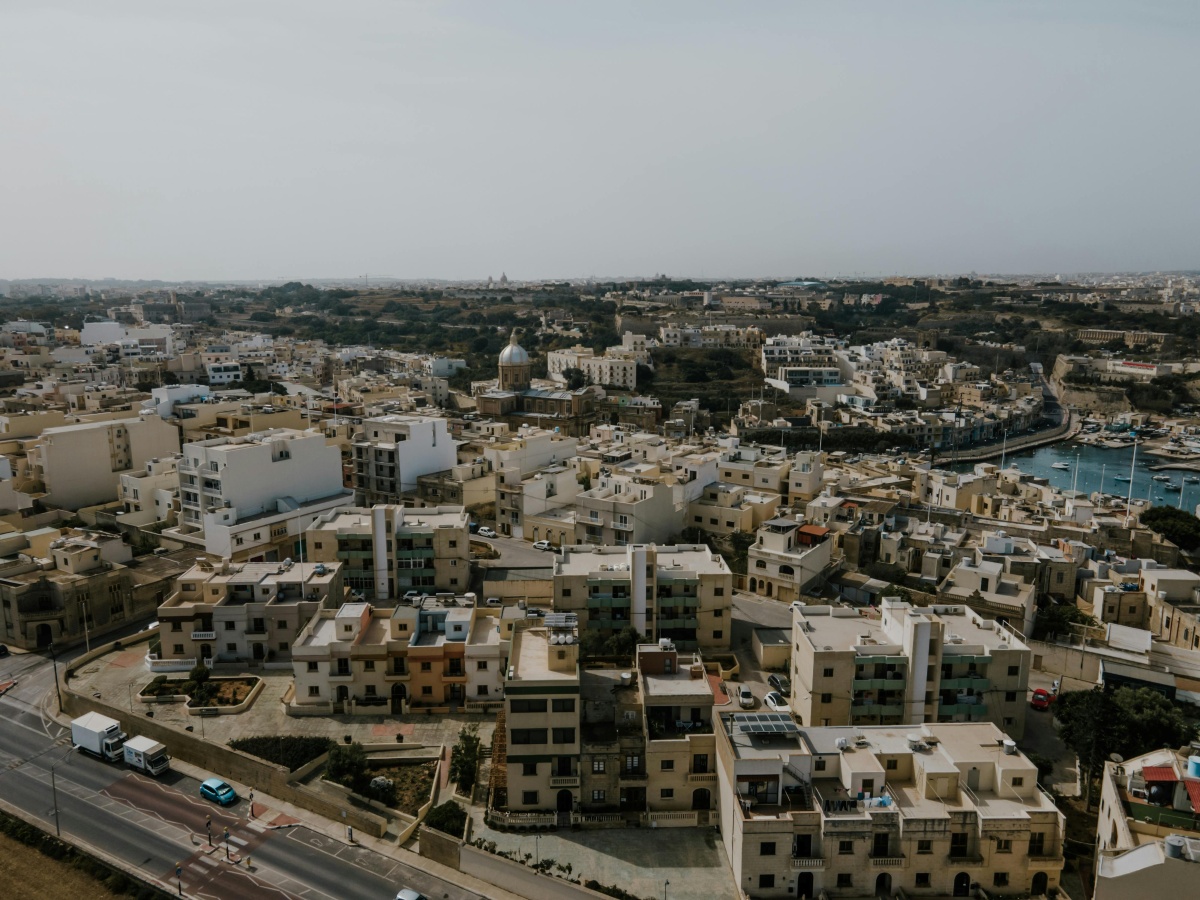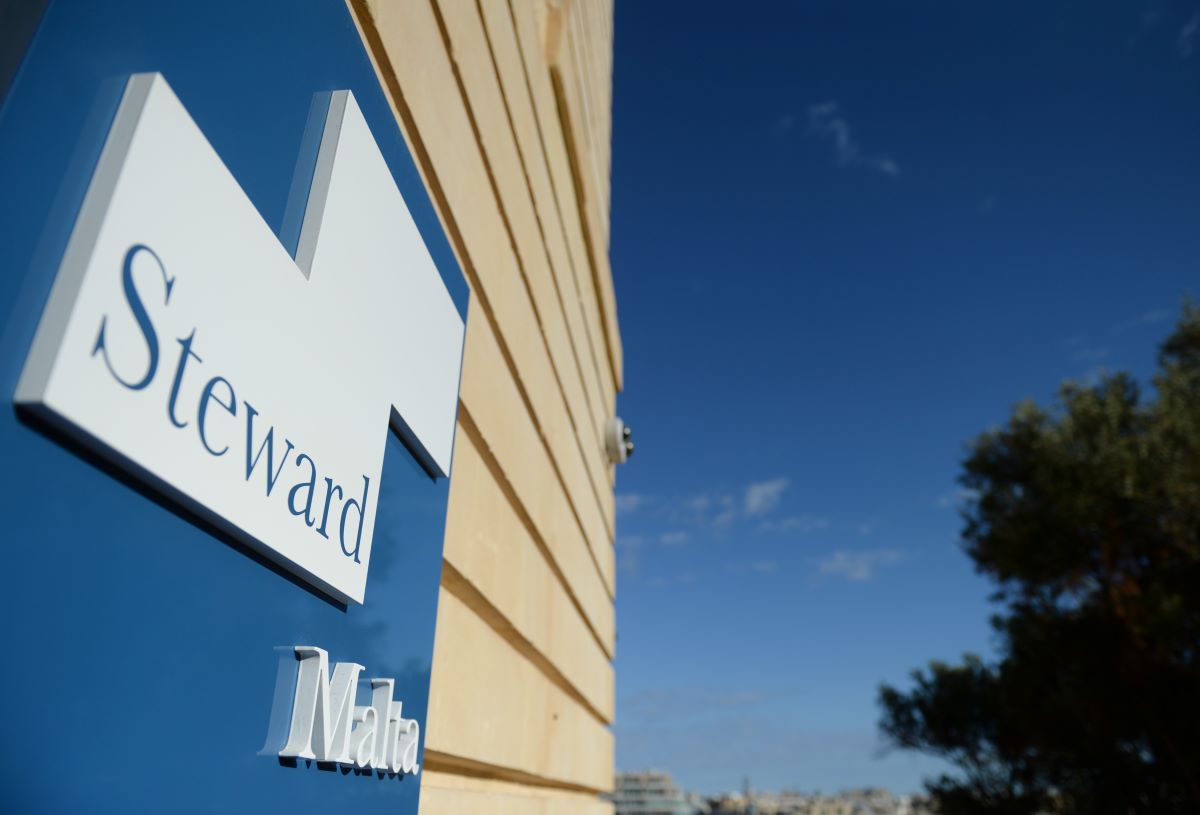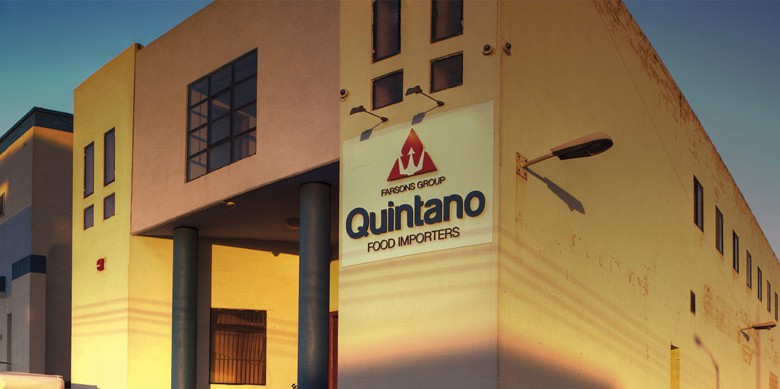Over the past two years, the Foundation for Affordable Housing has been working to reshape the Maltese housing sector with one clear mission: that those who work should be able to afford a place to call home. Our vision is rooted in social fairness, but it is also grounded in economic rationality.
We’re not here to disrupt the market – we’re here to complete it.
Our mission was initiated by our founders, the Government of Malta and the Archdiocese of Malta. They saw the same needs from different perspectives and aligned for this common purpose. Our subsequent engagement and consultation have included everyone from developers and architects to economists and sociologists – and their input has shaped our mission to what it is today. We are confident that this is the right thing to do, that the need is there and is real, and that we have support from every sector of Maltese society.
Our newly launched Affordable Homes Initiative is the clearest expression yet of this mission. We acquired four sites and are inviting private contractors to submit tenders to build quality apartments — but with a ceiling price set at 70 per cent of the market value in each area.
The unanimous decision of Parliament to make this happen was a national expression of Malta’s principles of social justice.
It’s a Best Price to Quality Ratio model, judged independently with heavy weight on sustainability, aesthetic value, and price. A bolder investment in a sustainable product with higher aesthetic value is expected from bidders considering the initial capital outlay typically required to acquire land is being deffered until the sale of apartments, for them to get the temporary title which cannot at any point be redeemed by the contractor.
This is an important in-built measure in the model which ensures against speculation. The winning builders will construct the units and transfer them directly to qualifying buyers screened by the Foundation.
These buyers are working people – people with stable incomes who still face challenges to afford to buy a home. Our support is nothing more than bending the branch a little so they can reach the fruit that others already enjoy.
The Maltese Model for Affordable Housing is not about distorting the market. It is not about shrinking the market but about extending the market. It is about extending its reach and capabilities beyond its current limitations in a measured, structured, and sustainable manner.
Speculation is structurally disincentivised. The buyers may only acquire full ownership of the apartment after 20 years residing in it as their primary residence. Access to the full ownership title is subject to the payment of a conversion fee, which roughly covers the discount. If the buyer is not able to convert at that point, they have an additional four decades to do so.
The land is not given away — its value is recognised and amortised over time. The Government as landowner, secures a fair return on the basis of an independent valuation, the private contractor earns a competitive profit, and the Foundation covers its costs and reinvests in future affordable housing.
This is not charity, nor is it subsidy driven – these approaches have been tried in the past and were unsustainable. It is a social business model, underpinned by ESG principles, and designed to align social objectives with financially sound opportunities.
For the construction industry, this presents a new and viable channel: projects with lower risk, a defined client base, and predictable cash flows — all while contributing to one of the country’s most important policy priorities.
These homes are targeted and carefully designed to support a segment that the traditional market does not currently serve. We are opening the door for a class of buyer that has been priced out, and in doing so, we are helping ease upward pressure on prices by rebalancing demand and supply.
We are calling this the Maltese Model of Affordable Housing for a reason.
It is tailored to the unique structure of our market and our national culture, which places enormous value on homeownership. It is built on four principles: collaboration with the people who build homes, price containment not escalation, long-term sustainability, and a certain, affordable pathway to homeownership.
The Foundation has consistently positioned itself as a fair and constructive player in the sector. We believe in the importance of a strong, functioning market. But we also believe that an inclusive housing market is essential for long-term economic and social stability. That means creating space for workers — those who contribute daily to our economy and communities — to own a home.
It’s not idealism but sound economics. A well-housed population is more productive, more stable, and more likely to invest in their communities. For the private sector, this model offers a new source of demand, a pipeline of screened, newly qualified buyers, and the ability to build reputational capital while making a return.
If we want a resilient economy and a stable property market, we must find ways to balance profit with purpose. The Affordable Homes Initiative is one way to do precisely that. It is proof that economic success and social impact can go hand in hand. This is the progress we need, one that truly includes everyone.
For further information, readers are invited to visit www.affordablehousing.mt
Women-led startups secure just 12% of venture capital funding in EU
Data from a new study was announced recently at high-level event in Brussels
Debating spin-offs
Stockbroker Edward Rizzo discusses the announced sale of Trident Estates’ second-largest asset, Qormi’s Trident House
Malta’s growing debt servicing requirements
While the 2026 Budget outlines ambitious fiscal targets, its continued silence on capital market development poses a setback







